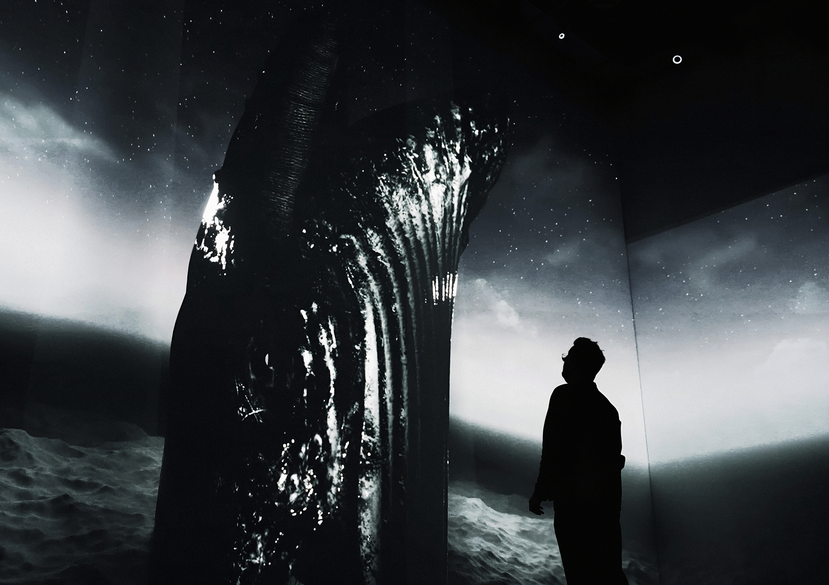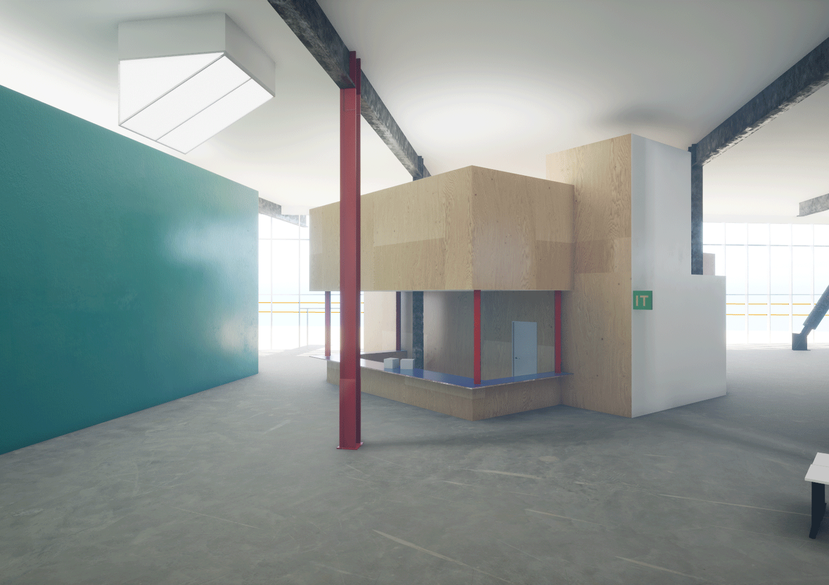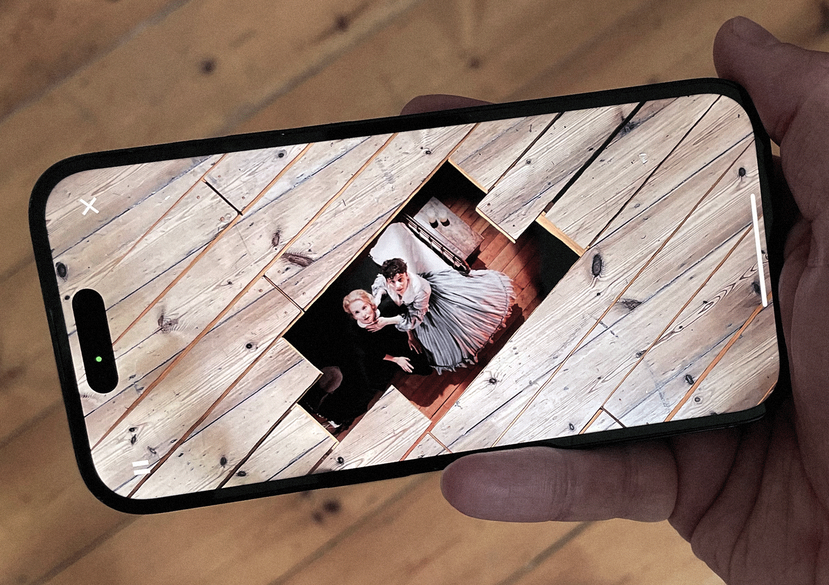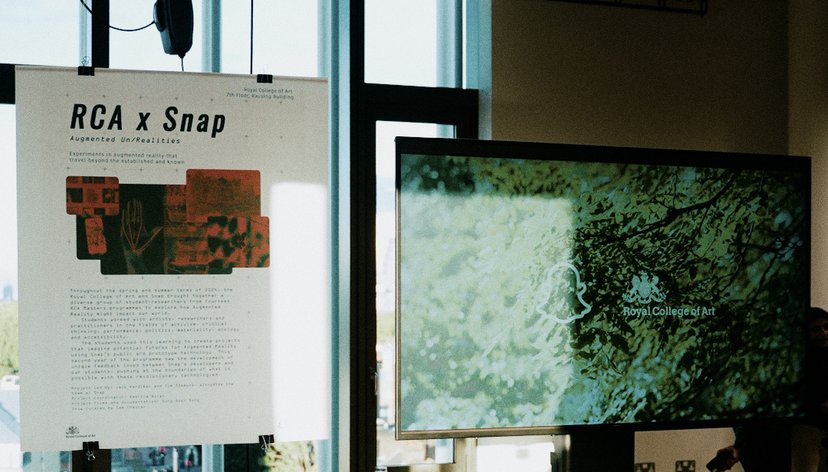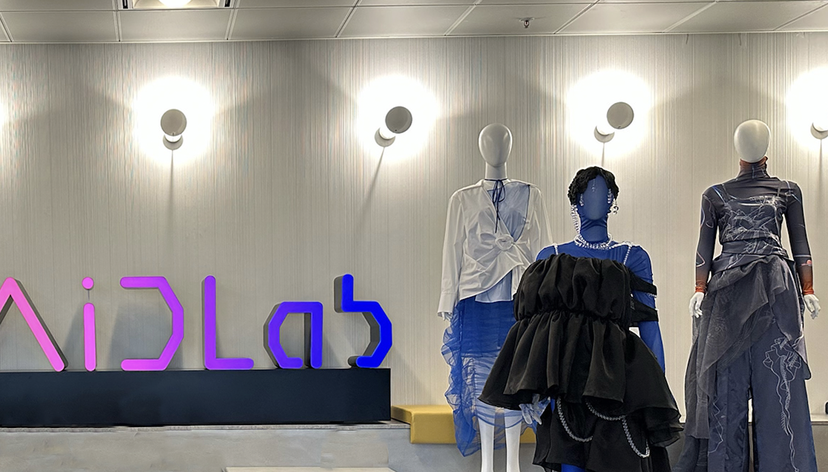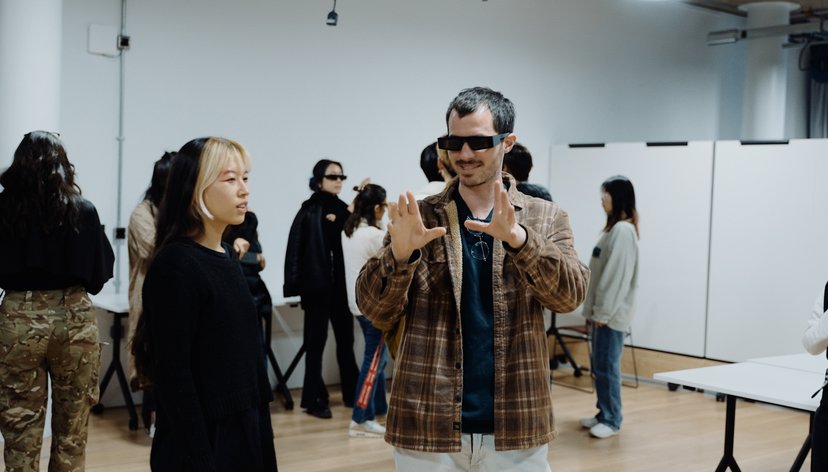
Optimising immersive technologies as compelling mediums for communication, Immersive Acts challenges conventional approaches to XR, VR, AR, and MR by asking how they can equip communities to preserve their histories and prepare for climate futures.
At a glance
- The Immersive Acts research group asks important questions about how, why and to what effect immersive technologies are being used as communication mediums. Beyond the dominance of multi-screen projection spaces and LED caves, we imagine the application of immersive tools by communities and challenge the commercial media spectacle.
- We ‘Act’ and ‘React’. Recognising that the value of every experiment is within the response it receives. Within this, we seek to blur the distinction between the creator and the spectator, creating fluid chains of feedback.
- Immersive Acts is organised into three areas of concern: ‘Voices’, ‘Encounters’ and ‘Signals’. Through which we explore ways of spatial storytelling to amplify those underserved and underrepresented, testing experimental forms of creative collaboration, and preparedness exercises in the face of uncertain futures.
- Researchers are supported to stage experimental scenes that contribute to one or more of these areas and that, through collective review, will help to form a distinct grammar for ethically driven immersive communication.
- We place value in the cross-pollination of disciplines and recognise critical engagements with industry as a means to inform change.
Key details
Gallery
More information
Acts
- Voices: Spatial storytelling with underserved communities.
- Encounters: Acts of alternative communication and subjectivities
- Signals: Collective techniques for future planning
Aims
We will be hosting an immersive communication symposium at the Royal College of Art, spotlighting the expertise and knowledge held by our community and fostering connections between HE institutions and industry.
Through our programme of experimental practice, we will demonstrate alternative approaches to immersive communication technologies and develop a distinct grammar. These innovative ideas will become the subject of academic journal articles and position the RCA as a thought leader in this discipline.
As we grow, we will be seeking large-scale investment to work on long-term collaborations with communities and to utilise the latest technology via corporate partnerships.

